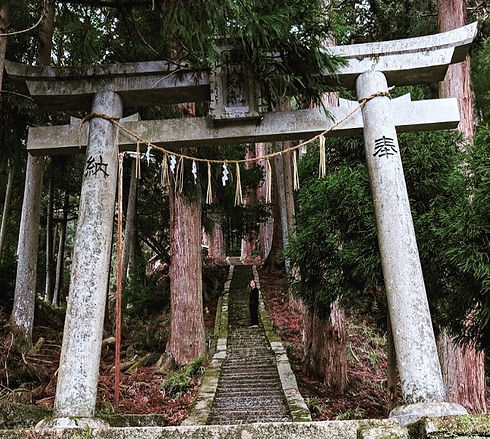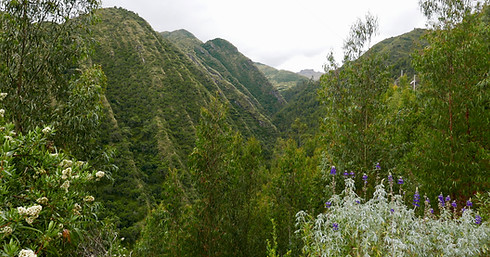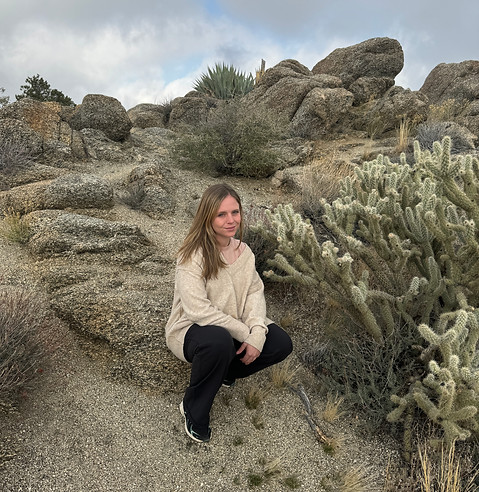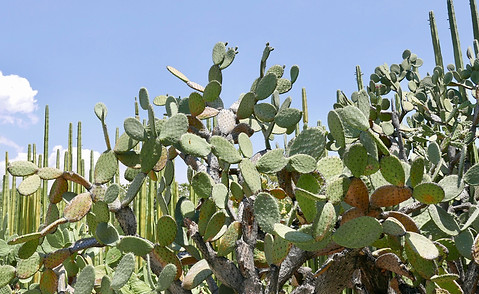

Cultivate the Wild is a blog that explores the reciprocal relationships between people, plants, and ecosystems through multimedia storytelling.
My professional work, research, and personal interests take me to places like farmers' fields, 900-year-old tea groves, breweries, distilleries, genebanks, botanic gardens, ancient forests, and restored grasslands. In these diverse settings, I discover compelling stories of people engaging with plant biodiversity to enhance social and ecological wellbeing. These stories fill me with wonder and optimism for the future, even against the backdrop of accelerating global change. This sense of hope inspired me to create this blog to share these stories and insights with a larger audience.
Why Cultivate the Wild? Our ancestors transformed landscapes and human evolution by choosing to sow the seeds of wild plants rather than simply harvesting them. This act of ‘cultivating the wild’ profoundly changed our planet. Over the past decade, much of my professional work has focused on the benefits that can be derived from continuing to ‘cultivate’ or engage with plants that are ‘wild’ or capable of growing without human intervention.
I began by working on crop wild relative conservation to improve food security, and now I concentrate on amplifying or bringing the seeds of native plant species into commercial production to heal damaged ecosystems.
Through this blog, I aim to highlight positive examples of how people are interacting with the natural world—through both small and large acts—to strengthen the symbiotic relationships between humans and the environment. Together, we can learn from the past and the present to shape a future where the connections between people, plants, and ecosystems grow stronger and more resilient.





Hello, my name is Eve Allen.
I am the Program Director for the Northeast Bioregion at the Ecological Health Network, where I work on improving the supply of native seeds and plants to support ecological restoration.
My career spans a wide range of natural resource and environmental planning projects, including conservation planning for crop wild relatives in 15 Southern African countries, developing strategies to introduce 200 native plant species into an eco-city development in Southwest China, and assisting Quechua farmers in establishing a community-led wild potato genetic reserve in the high Andean landscapes of Peru.
I hold a Master in City Planning degree from the Massachusetts Institute of Technology. I am also a recipient of a Fulbright Scholarship and the Oak Spring Garden Foundation’s Plant Conservation Biology Fellowship.
Through my interdisciplinary research, I’ve had the privilege of working, traveling, and living in over thirty countries. These experiences abroad have deepened my understanding of global interconnectedness. I’ve seen examples of our deep reliance on the biosphere and how human actions can positively impact the environment. I’m passionate about sharing these experiences and hope you enjoy them!
